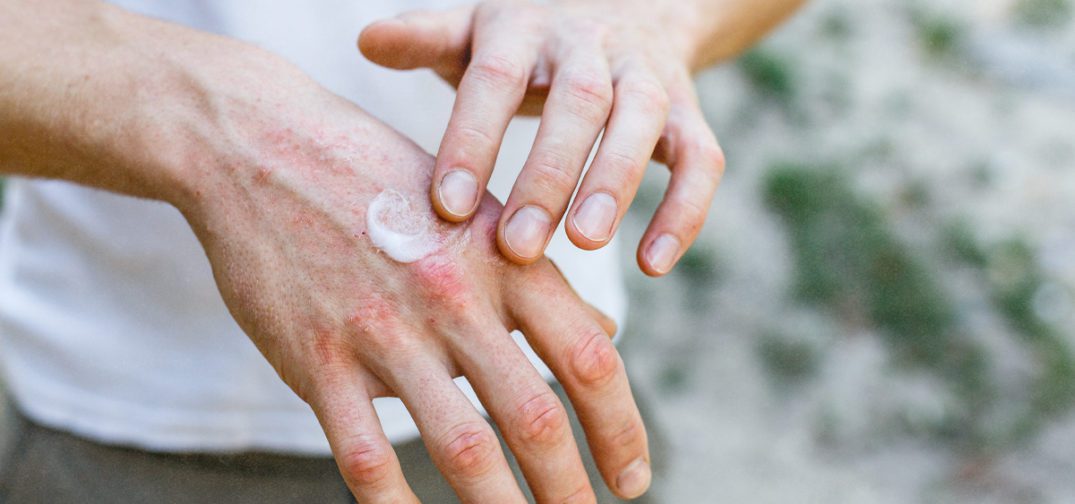According to a survey conducted by the George Washington University School of Medicine and Health Sciences and the University of Maryland, 88.8% of patients with a dermatologic condition would try a medical cannabis product for their disease if recommended by their dermatologist. Just 8% of survey respondents were currently using a medical cannabis product for their condition that would require registration with a state program.
Dr. Adam Friedman, MD, professor and chair of the Department of Dermatology at George Washington University School of Medicine and Health Sciences, said the “study spotlights and provides supporting evidence that the skincare consumer is open to and interested in” medical cannabis products. He added that “consumers and patients are already using [medical cannabis products] to treat inflammatory skin conditions, such as acne, rosacea, atopic dermatitis, and psoriasis, even without guidance from a dermatologist.”
“While acceptance was high, there were clear barriers reported limiting use and uptake, such as patient skepticism and a lack of understanding. This mirrors data our group published regarding the dermatology health care practitioner’s perspective and fund of knowledge, underscoring the need for more research and education for both dermatologists and the public. The future should be bright for [medical cannabis products]; we just need to show and disseminate the science.” — Friedman in a press release
The study, “Consumer Perspectives on and Utilization of Medical Cannabis to Treat Dermatologic Conditions,” found 17.6% of the 504 respondents used an over-the-counter cannabis product without dermatologist recommendation to treat a skin condition. Such products were most commonly used for acne (28.4%) and psoriasis (26.1%). Of those who had seen a dermatologist, 15.3% used an over-the-counter cannabis product, mostly for psoriasis (32%) and rosacea (30%). Just 7.8% were enrolled in a state-approved medical cannabis program per their dermatologist’s recommendations, mostly for acne (68%) and psoriasis (28%). Another 11.8% of respondents were not comfortable seeing a dermatologist who recommended medical cannabis products.
The study appears in the January 2022 issue of the Journal of Drugs in Dermatology.
Get daily cannabis business news updates. Subscribe
End
